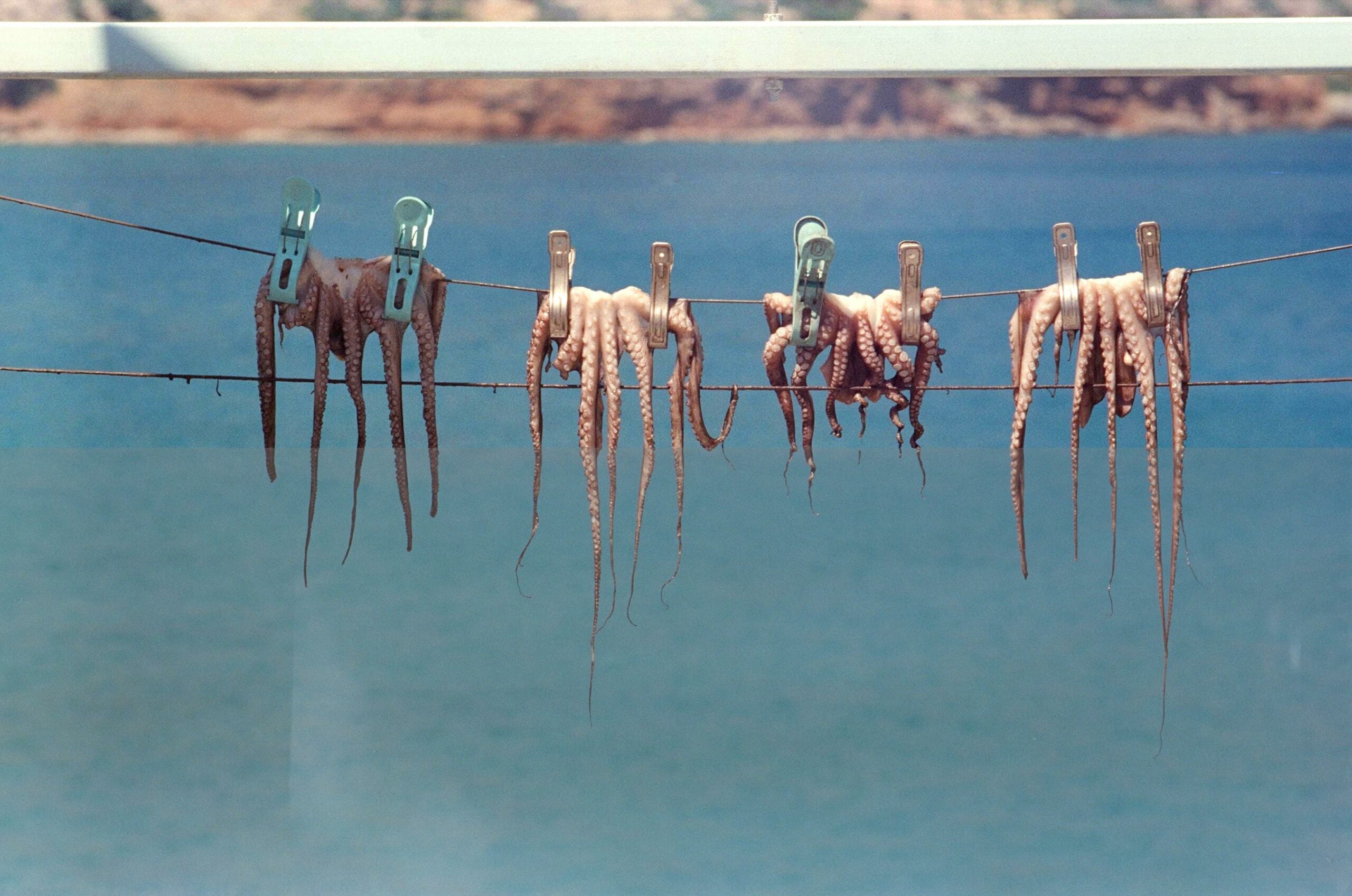Get ready to dive into the captivating world of the glass squid! In this article, we will unlock a treasure trove of fun facts about these mesmerizing creatures of the deep sea. Prepare to be amazed as we delve into their transparent bodies, delve into their elusive nature, and uncover their remarkable bioluminescence. Whether you’re a marine enthusiast or just curious about the wonders lurking beneath the ocean’s surface, this article is your gateway to discovering the fascinating world of the glass squid. So buckle up and get ready for an adventure like no other!

Glass Squid Fun Facts
The mesmerizing glass squid, with its transparent body and elusive nature, holds many captivating secrets waiting to be unveiled. In this article, we will explore some fascinating fun facts about these remarkable creatures that thrive in the mysterious depths of the ocean. Get ready to be amazed by the wonders of the glass squid!
1. Invisible Masters of Camouflage
Glass squids are true masters of camouflage, using their transparent bodies to blend seamlessly with their surroundings. This evolutionary adaptation allows them to go unnoticed by predators and potential prey. Imagine having the ability to disappear in plain sight, like an invisible underwater ninja!
“Glass squids, with their transparent bodies, have mastered the art of camouflage, disappearing into the vastness of the ocean.”
2. The Eyes Have It
One notable feature of glass squids is their large, googly eyes. These captivating eyes are not just for show. They allow the squids to capture as much light as possible in the deep, dark ocean, helping them navigate and spot prey. These eyes are like tiny torches in the abyss, guiding the squids through their mysterious world.
“With their large, googly eyes, glass squids illuminate the depths, providing them with a unique advantage in their dark and mysterious home.”
3. A Translucent Beauty
The name “glass squid” is a testament to their ethereal beauty. Most species in the Cranchiidae family are transparent, revealing their delicate internal structures. It’s like looking at a living, floating work of art, crafted by nature’s own hands. From a distance, they might even resemble fragile, floating glass sculptures.
“Adorned with transparency, the glass squid showcases its delicate beauty, capturing the essence of a living, floating masterpiece.”
4. Floating with Ease
Ever wondered how a glass squid remains afloat in the vastness of the ocean? Well, it has a clever trick up its sleeve! Glass squids are filled with a solution called ammonium chloride, which is lighter than seawater. This allows them to effortlessly float, navigating the deep-sea currents like graceful ballet dancers.
“Through the magic of ammonium chloride, glass squids effortlessly dance through the ocean currents, showcasing their mastery of buoyancy.”
5. Elusive Escapologists
When threatened, glass squids have an impressive escape plan. They can curl their long, slender bodies inside themselves, effectively becoming a compact, impenetrable ball. To further confuse predators, they release a cloud of ink, further shrouding themselves in darkness. It’s the ultimate disappearing act, leaving their pursuers baffled.
“Glass squids are the Houdinis of the deep sea, curling themselves into a secretive ball and vanishing into the ink-laden abyss, leaving their would-be predators scratching their heads.”
6. Thriving in Shallow Waters
Although glass squids are known for their deep-sea residency, some species actually spend much of their lives in partially sunlit shallow waters. Here, their transparency serves as camouflage, keeping them hidden from prying eyes. It’s a testament to their adaptability and the vast diversity of their natural habitats.
“Glass squids prove their versatility by thriving in partially sunlit shallow waters, where their transparency becomes a powerful tool for surviving in a different realm of the ocean.”
7. Guardians of the Deep
Fortunately, glass squids are not currently endangered. They can still be found in sufficient numbers, reminding us of the resilience of nature’s delicate balance. As guardians of the deep, they provide us with a glimpse into the mysterious wonders of the ocean, inspiring us to protect and preserve their fragile homes.
“Glass squids, guardians of the deep, remind us of the delicate interconnectedness of the ocean’s ecosystems, encouraging us to foster their preservation.”
Through these captivating fun facts, we have unveiled the hidden wonders of the glass squid. From their transparent bodies to their ingenious adaptations, these elusive creatures continue to captivate our imaginations. Let’s cherish and protect these majestic beings, ensuring that their story will be told for generations to come.
Glass squids are truly fascinating creatures. Did you know that they possess the ability to change the color and transparency of their skin? These mesmerizing cephalopods can match their surroundings, making them highly skilled camouflage artists. If you’re curious to learn more fun facts about glass squids, dive into our collection of intriguing information. Just click here: fun facts about glass squid and be prepared to be amazed by their extraordinary features.
FAQ
Q: What is the size of a glass squid?
A: Glass squids can grow up to 10 feet in length.
Q: Why are glass squids transparent?
A: Glass squids have transparent bodies, which allows them to blend in with their surroundings and avoid predators.
Q: Where can glass squids be found?
A: Glass squids are mostly found in the Pacific South and inhabit waters up to 900 meters deep.
Q: How do glass squids reproduce?
A: Glass squids reproduce by laying their eggs in the ocean.
Q: Are glass squids endangered?
A: Glass squids are still found in sufficient numbers and are not currently endangered.
“`json
“`
- Unlock Water’s Symbolism: A Cross-Cultural Exploration - April 20, 2025
- Identify Black and White Snakes: Venomous or Harmless? - April 20, 2025
- Unlocking Potential: Origins High School’s NYC Story - April 20, 2025















